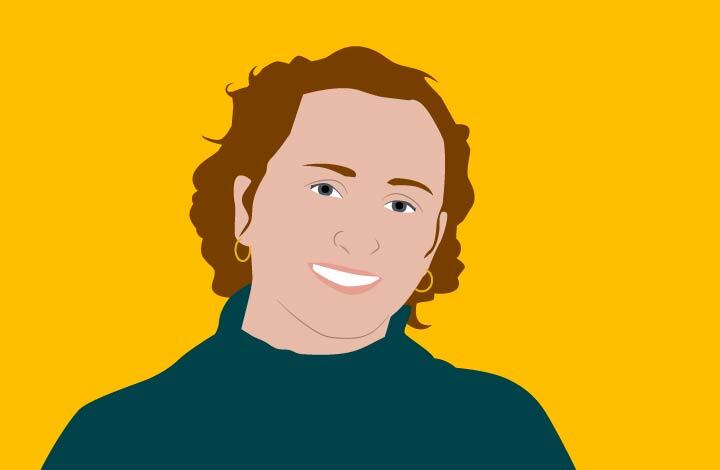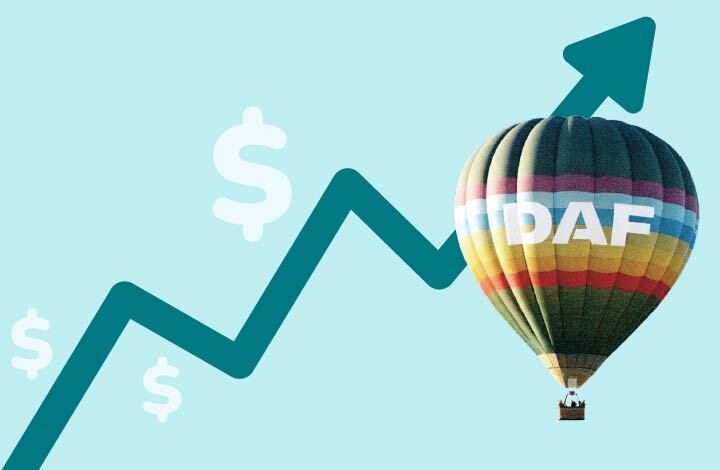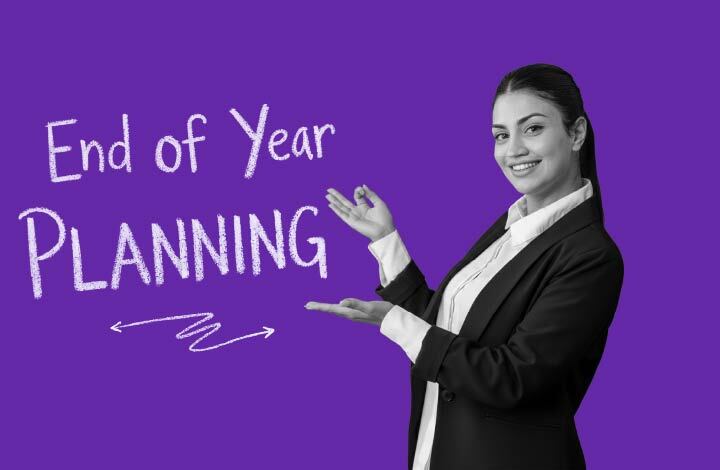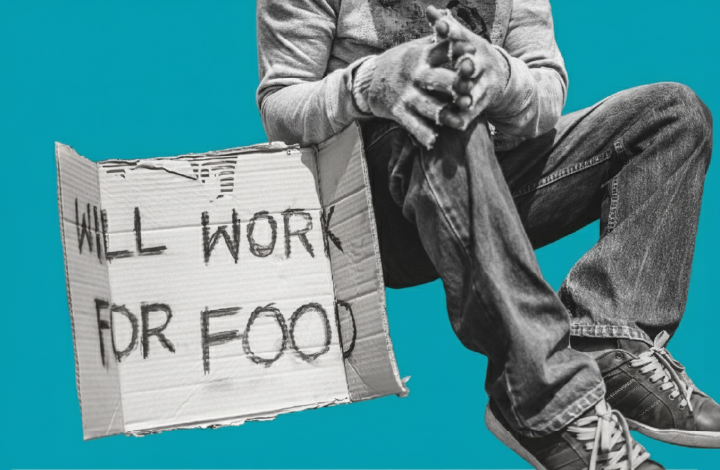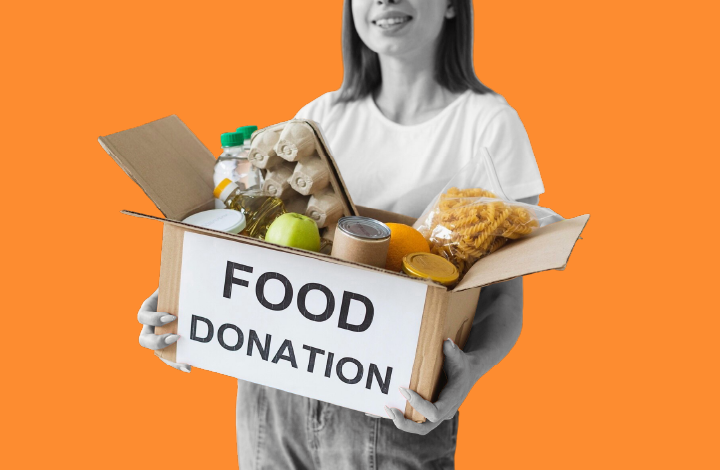Four nonprofits supporting mental health programs

As hard as it can be to share that you are struggling, the act of speaking to someone you trust or to a professional counselor can help ease challenges to your mental health. Whether you’re recovering from a traumatic event, coping with years of microaggressions or don’t know what’s causing your stress, opening up can be the first step to feeling better.
Past generations have been more reluctant to talk about mental health, but that’s changing as people increasingly acknowledge mental health as a social and public health issue. The calendar year is now marked with awareness days, weeks and months, with October being particularly busy as Mental Health Awareness Month. October 7-13 is Mental Illness Awareness Week, dedicated to raising awareness and understanding of mental health conditions. This latter annual event, led by the National Alliance on Mental Illness since 1990, aims to reduce the stigma of and promote public education around mental health. October 10th is both World Mental Health Day and National Depression Screening Day.
Mental illness refers to a wide range of mental health conditions – disorders that affect one’s mood, thinking and/or behavior, according to Mayo Clinic. Examples of mental illness include depression, anxiety disorders, schizophrenia, eating disorders and addictive behaviors.
These attention-building efforts are a vital start, but are they enough? Mental illnesses are among the most common health conditions in the United States, where more than one in five adults live with a disorder (US Centers of Disease Control). Chances are that if you do not experience mental illness, you know someone who does. And yet, given the prevalence of mental illness, the shame too often associated with it still drives too many people to suffer in silence.
This October, we are proud to play a small part in lifting the veil on mental health by sharing word of four nonprofits doing important work in the mental health space.
The nonprofits

Jewish Board of Family & Children's Services, Inc.
This organization aims to build a model of mental health and social service care delivery that empowers New Yorkers and their communities, but also inspires better care delivery nationwide. The Jewish Board provides a comprehensive network of mental health and social services that promotes well-being, resilience and self-sufficiency for individuals and families at every stage of life. The Jewish Board proudly serves people of all faiths and cultures while affirming its historic commitment to the Jewish community.
The Jewish Board of Family & Children’s Services, Inc. uses a Give Lively-powered Core Profile to fundraise through its website. It has used other Give Lively products, including pairing the Campaign Page for the 2024 Spring Benefit with Text-to-Donate textcode JBGALA and makes it easy for supporters to create a Peer-to-Peer Fundraising page via the “Create a Fundraiser” section on its “Make a Gift” webpage.

RADical Hope
Pam and Phil Martin established the organization in honor of their son, Chris, who died by suicide in the Fall of 2017. Like many young people today, Chris experienced periods of profound emotional isolation and lacked the proper opportunities to express his struggles. Chris’ experience is at the core of the RADical Hope mission. RADical Hope develops, identifies and partners with frontline engagement programs that deliver on its mission priorities: connectivity, engagement and empowerment. RADical Hope is committed to improving the lives and futures of young adults by strengthening connections and building resilience.
RADical Hope’s donation page features a Give Lively-powered Branded Donation Widget.

American Psychiatric Association Foundation
The American Psychiatric Association Foundation (APA Foundation) promotes mental health literacy, connects underserved communities to needed care and shifts attitudes about mental health. Backed by the medical expertise of the APA and industry-leading strategic partners, this organization administers community-changing programs, public education campaigns, grants and awards aimed at increasing mental health literacy, connecting individuals to needed care and shifting attitudes toward mental health.
APA Foundation is using a Give Lively-powered Campaign Page for its APAF Lifestyle Psychiatry Prevention Wellness Campaign.

Center for Alternative Sentencing and Employment Services Inc
This organization envisions a New York City in which a person’s previous criminal involvement or behavioral health needs do not limit the opportunity to realize their best life. The mission of the Center for Alternative Sentencing and Employment Services (CASES) is to increase public safety through innovative services that reduce crime and incarceration, improve behavioral health, promote recovery and rehabilitation, and create opportunities for success in the community. Alongside its alternative-to-incarceration programs, CASES operates three state-licensed mental health treatment programs, including the Nathaniel Clinic, an innovative outpatient treatment model that integrates mental health treatment with evidence-informed, justice-competent support services designed to help youth and adults address risk factors that can contribute to recidivism.
CASES used a Give Lively-powered Campaign Page for its “Faces of Cases” fundraiser. Taking the fundraising campaign to the next level, it linked a Peer-to-Peer Fundraising page for each of the “faces” of the fundraiser – people who had directly participated in CASES programs. One such fundraiser is prosecutor and CASES Associate Board member Katherine V. Charles, who wrote in the personal note section of her page that CASES’ “vitality of mental health awareness” as one of the reasons she supports the organization. The Campaign Page is a good example of using secondary media in the body of the fundraising page to engage potential donors. Additionally, CASES’ website donation page features a Give Lively-powered Simple Donation Widget.
More nonprofits
LIVE-ly List: Trans Day of Visibility
Learn about four nonprofits connecting people with mentorship opportunities








.svg)
.svg)
.svg)
.svg)


